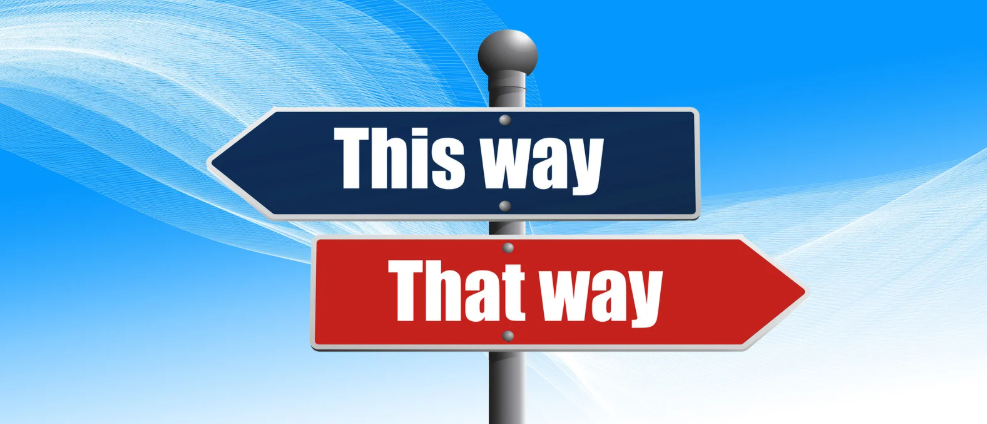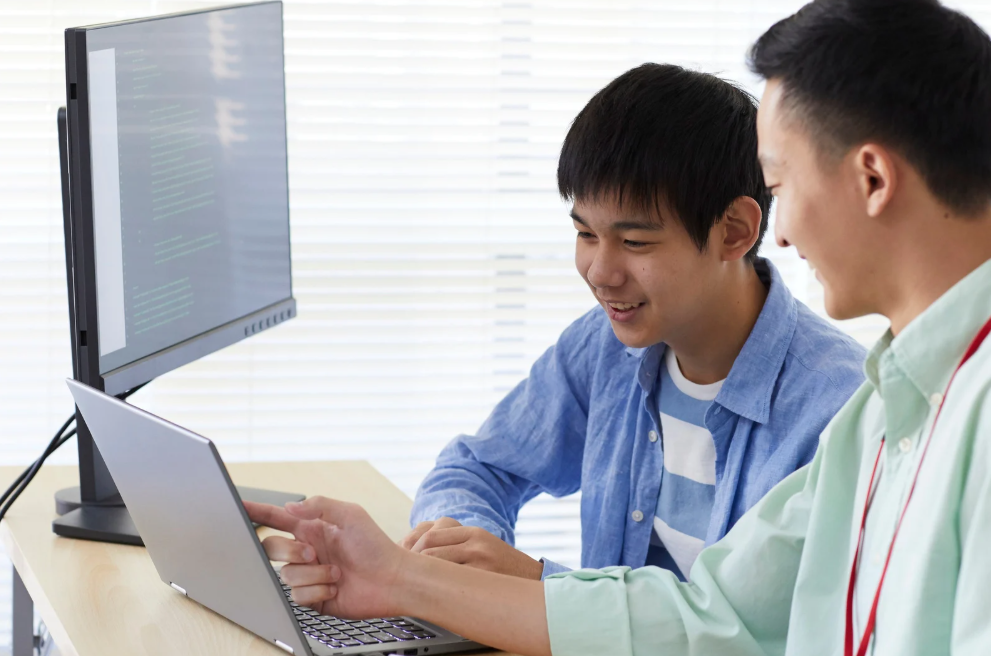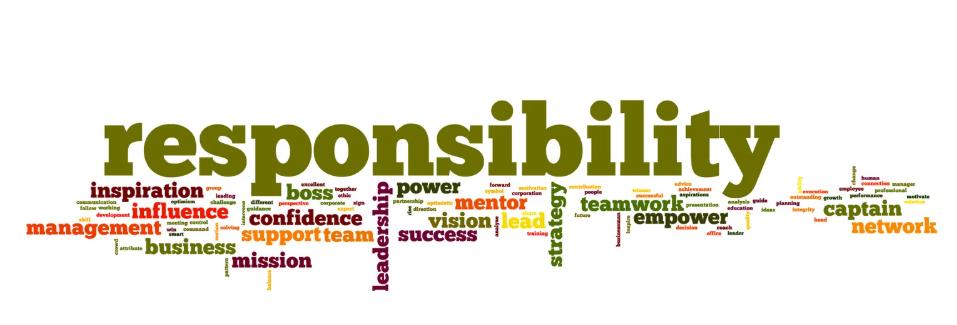We often ask students, “What major will you choose? Which university do you want to attend?” But we rarely ask the more important question: “What is your decision based on?”
Amid a sea of options – from academic pathways and career directions to friendships and lifestyle choices – today’s students are faced with countless decisions at an early age. Without the ability to evaluate and choose based on their own values, they can easily be swept away by external pressures, making choices without truly understanding why.
In the CASEL framework for holistic development, this is the fifth competency: Responsible Decision-Making – the ability to make thoughtful, ethical, and self-aligned choices. It is also one of the hardest to develop without proper guidance.
Making Responsible Decisions: Not About Being “Right,” But Being “Aligned”

Responsible Decision-Making isn’t just about analyzing pros and cons or choosing the most logical option. It’s the ability to view a situation holistically, understand its context and consequences, and make a choice that aligns with one’s personal values – rather than others’ expectations.
Many students today are academically capable but lack the strength to stand by their own decisions. They may excel on tests yet struggle to choose a major, select their peers, or say no when something conflicts with their values.
Why Students Need This Skill Early On

Adolescence is when students begin to make decisions that shape their future – choosing a school track, joining a club, applying for scholarships, or deciding whether to speak up against unfairness. These everyday choices gradually form their worldview and identity. Without the ability to make responsible decisions, students risk becoming passive in their own lives – waiting for others to decide for them, or conforming to the majority to avoid discomfort.
Even more concerning, lacking a clear value system can lead to misguided decisions: choosing a major just because it’s “popular,” keeping certain friends out of fear of exclusion, or agreeing to things that make them uncomfortable simply to please others.
What seems small in the moment can shape long-term consequences – affecting not only academic results but also confidence and self-agency.
Mentoring: Helping Students Decide With Both Head and Heart

A good mentor never tells a student what to do. Instead, they ask the right questions, listen deeply, and help the student uncover their own values, motivations, and boundaries.
Through 1:1 mentoring at Mentors14, mentors can observe how students make decisions: Why did you choose that? Do you truly want it? What might you be giving up in this choice?
These reflective conversations teach students to analyze situations from multiple angles, listen to both logic and emotion, and gradually develop an inner compass – a personal value system that guides their choices without depending on external validation.
This is a life skill no classroom directly teaches, yet it’s essential in navigating a rapidly changing world.
Maturity Begins When Students Learn to Stand By Themselves

Responsible Decision-Making doesn’t mean always being right. It means being accountable – owning one’s choices and learning from the outcomes, even if that means adjusting course. A self-directed student doesn’t make decisions to prove something to others; they understand their limits, values, and what truly matters to them.
Once students gain this ability, failure no longer feels threatening – each “wrong” choice becomes a lesson in self-understanding. More importantly, they start to choose what fits: the right major, the right school, the right learning approach, the right people. That’s what builds a sustainable and fulfilling growth journey.


 VIE
VIE